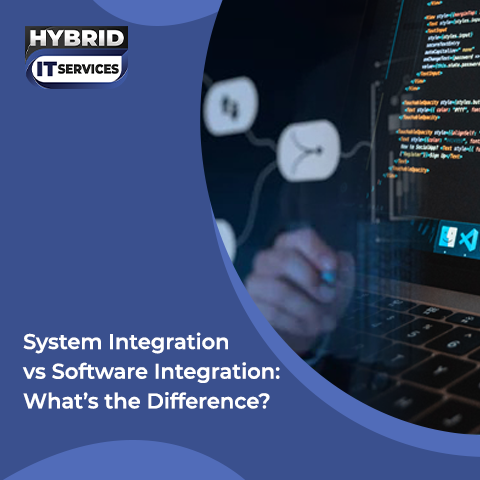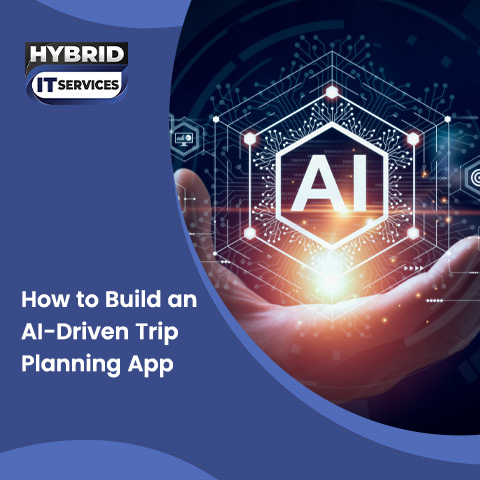An API, in simple terms, is a set of rules and protocols that allow various software systems to communicate effectively with each other. This defines how applications could request data or information and the formats that could be used in communicating such information.
They are everywhere, from weather apps pulling data from meteorological services to social media apps sharing updates across platforms. Principally, APIs let developers use other existing services and functionalities without actually having to develop everything on their own.
Importance of APIs in Mobile Application Development
APIs can use integrations of various third-party services or functionalities into an application. Instead of developing features related to payment processing, maps, or authentication by themselves, developers can use APIs provided by specialized services to achieve that functionality. This saves a lot of time, reduces development costs, and reduces the complexity associated with the development of an application.
More capabilities:
By enabling mobile applications to talk to other software and services, APIs also allow them to extend functionality. Integrate the Stripe or PayPal payment APIs, for instance, and users can pay directly from within your app. Integrate a mapping API like Google Maps, and location-based services become possible.
Scalability and Flexibility:
APIs make for a flexible route toward application development in that they provide an avenue for developers to integrate new features. Even in services, they may become available without necessarily having to redo an entire application. This is modular and makes the process of scaling the app easier, besides accommodating changes with time or technological advancements.
Improved User Experience:
The use of APIs now allows developers to deliver a better, seamless, and feature-rich user experience. For example, the integration of social media APIs will allow users to log in with existing social media credentials, share directly from the app, or even see updates from their social networks within the app itself.
You May Also Read: How Mobile App Development Services Improve User Engagement and Retention
Interoperability:
Modern applications mostly are designed to live in multi-platform environments, meaning most have to interface or interact with other systems or services one way or another. APIs ensure different systems—cloud services or other mobile applications—effectively talk to one another. This interoperability is crucial in devising integrated and cohesive user experiences.
Key Considerations When Using APIs
Security:
In all respects dealing with API integrations, security stands at the forefront. As a developer, it’s important to ensure that data that passes between an application and an API is encrypted and that the API itself is secure. In addition, mechanisms for authentication should be implemented through OAuth tokens or API keys to protect users’ information.
You May Also Read: How to Ensure Data Privacy in Mobile App Development
Performance:
The underlying efficiency of the APIs used will do much to influence the performance of an app. The slow or unreliable API operations can provide a very poor user experience in terms of delays or crashes. The selection of API for good performance records must be regularly followed up on for performance.
API Documentation:
Good and detailed documentation is very important in API integration. Good documentation makes it easy for the developer to go through and understand how to use the API, such as its endpoints, parameters, and error handling. Poor or lacking documentation contributes to integration challenges and increased time for mobile application development services.
Rate Limiting and Quotas:
Most APIs will put either a rate limit or an allowance quota on usage to prevent abuse and ensure that use is fair for all users. The developer should be aware of such limitations and design the apps to handle any situation that may arise if there are many calls to the API more than the allowable limits. This may include creating retry mechanisms or data caching to reduce requests to the API.
Versioning:
Most of the APIs, over time, will change as new versions are brought out. You should pay close attention to API versioning so that you can integrate with a version compatible with your app. The developer should get all the information about the modification of the API and test the app very well while upgrading to the higher versions so that such problems don’t occur.
Cost:
A few APIs might charge for use, particularly those offering premium services or volume access. You must keenly analyze the cost structure of the APIs you will be using and budget for their use. Consider direct costs and indirect potential costs such as app performance and user experience.
Choose Custom API Development services in Arizona
Hybrid IT Arizona’s Custom API Development is transformative in mobile app development concerning the speed, functionality, and scalability they allow. They let the developers harness already available services and hence concentrate on building unique features that have value for the users. Successful API integrations, however, do call for careful consideration in terms of security, performance, documentation, and costs.
Understanding and leveraging the power of APIs will help developers create more robust, efficient, and user-friendly mobile applications that will stand out from the competition. No matter if you are a developer or entrepreneur, recognizing the pivotal role that APIs are playing in modern mobile app development companies lays the groundwork for harnessing their full potential and creating truly special mobile experiences.






